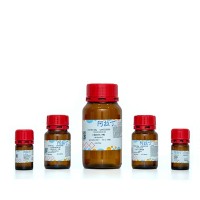Directed Evolution of Enzymes: How to Improve Nucleic Acid Polymerases for Biocatalysis
互联网
互联网
相关产品推荐

Clay Evolution 建筑 3D 打印线材,clay effect, 直径1.75mm, suitable for outdoor,阿拉丁
¥320.90
![DKFZ-PSMA-11,4,6,12,19-Tetraazadocosane-1,3,7-tricarboxylic acid, 22-[3-[[[2-[[[5-(2-carboxyethyl)-2-hydroxyphenyl]methyl](carboxymethyl)amin](https://img1.dxycdn.com/p/s14/2025/1009/171/0405943971658126791.jpg!wh200)
DKFZ-PSMA-11,4,6,12,19-Tetraazadocosane-1,3,7-tricarboxylic acid, 22-[3-[[[2-[[[5-(2-carboxyethyl)-2-hydroxyphenyl]methyl](carboxymethyl)amin
¥1530

C1D/C1D蛋白Recombinant Human Nuclear nucleic acid-binding protein C1D (C1D)重组蛋白1110036E10Rik蛋白
¥1344

Recombinant-Type-II-secretion-system-protein-FoutFType II secretion system protein F; T2SS protein F Alternative name(s): General secretion pathway protein F Pectic enzymes secretion protein OutF
¥12376

赛默飞Evolution One 紫外可见分光光度计(UV-Vis)
询价

